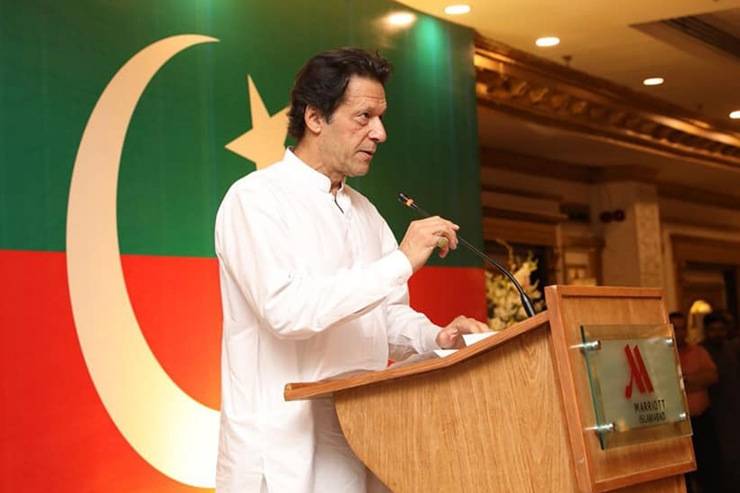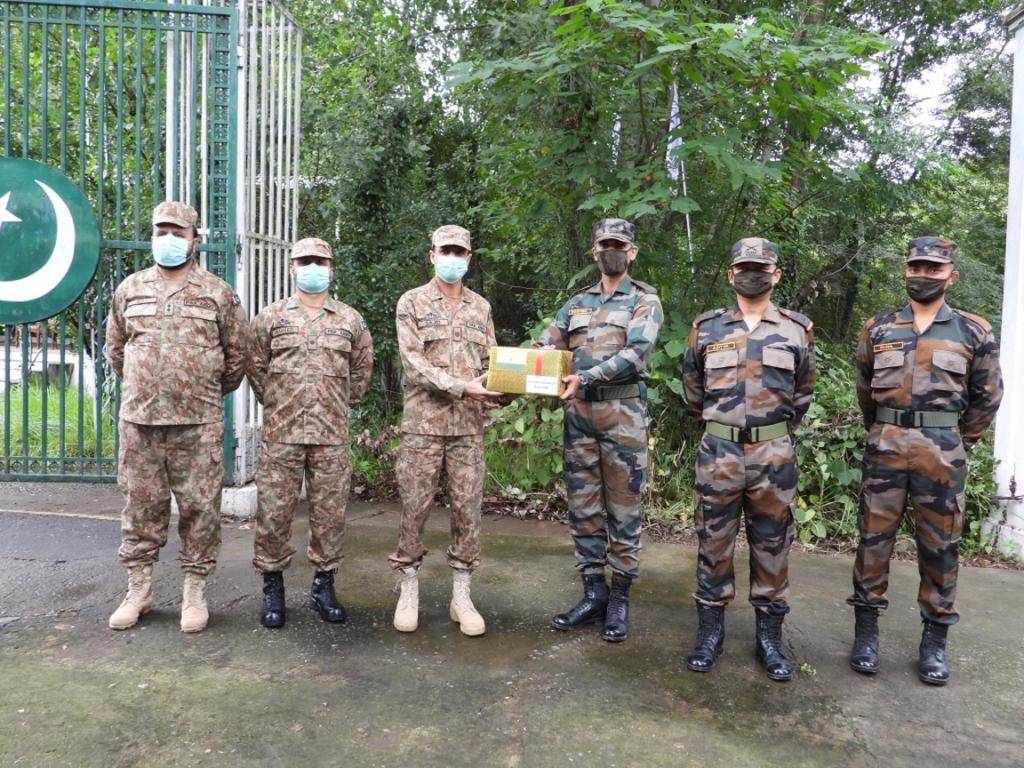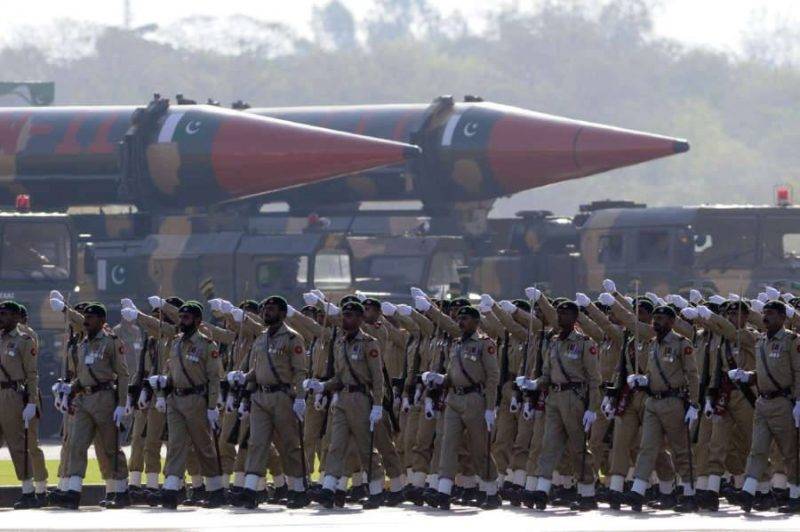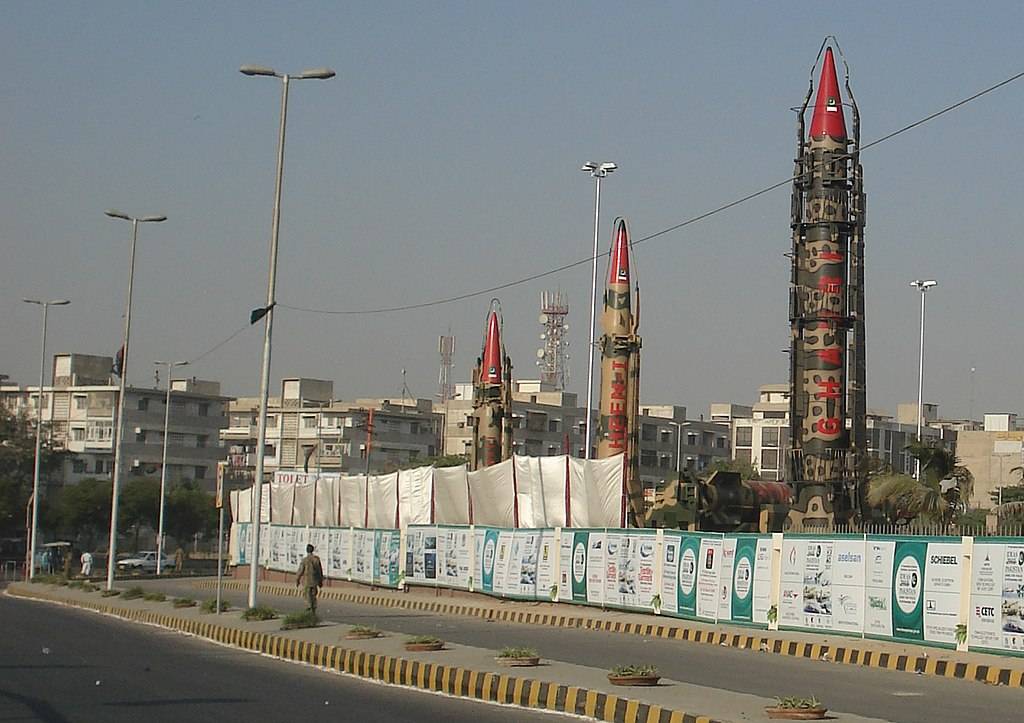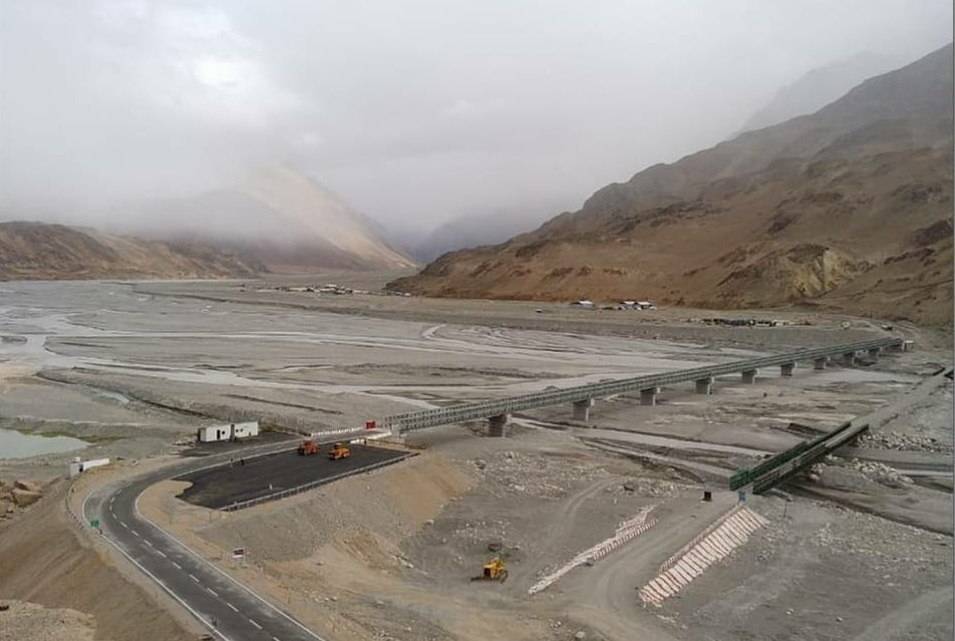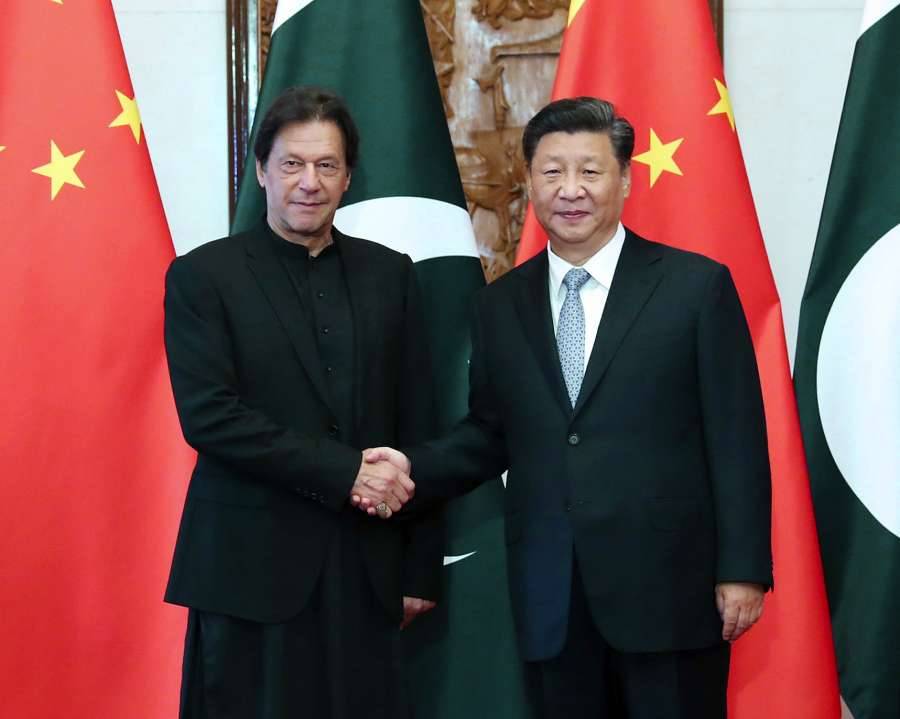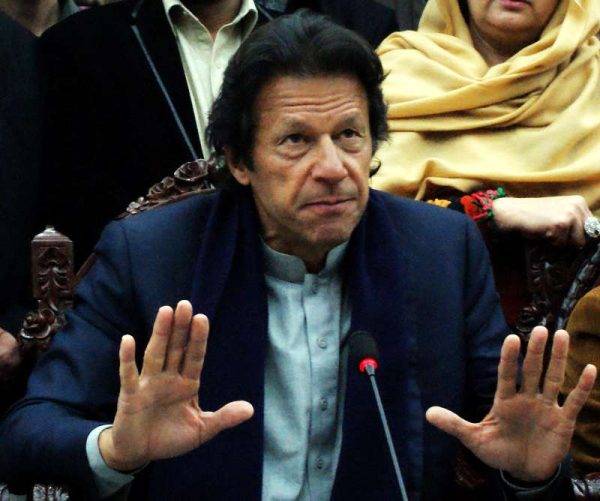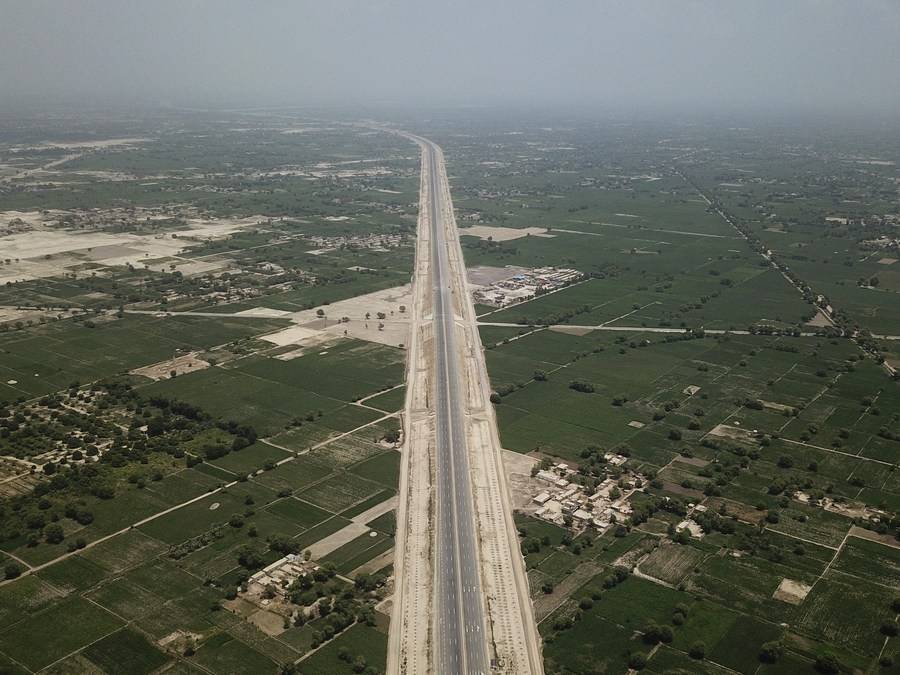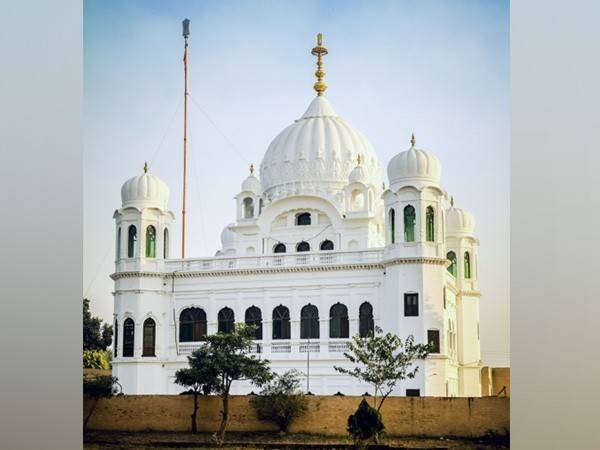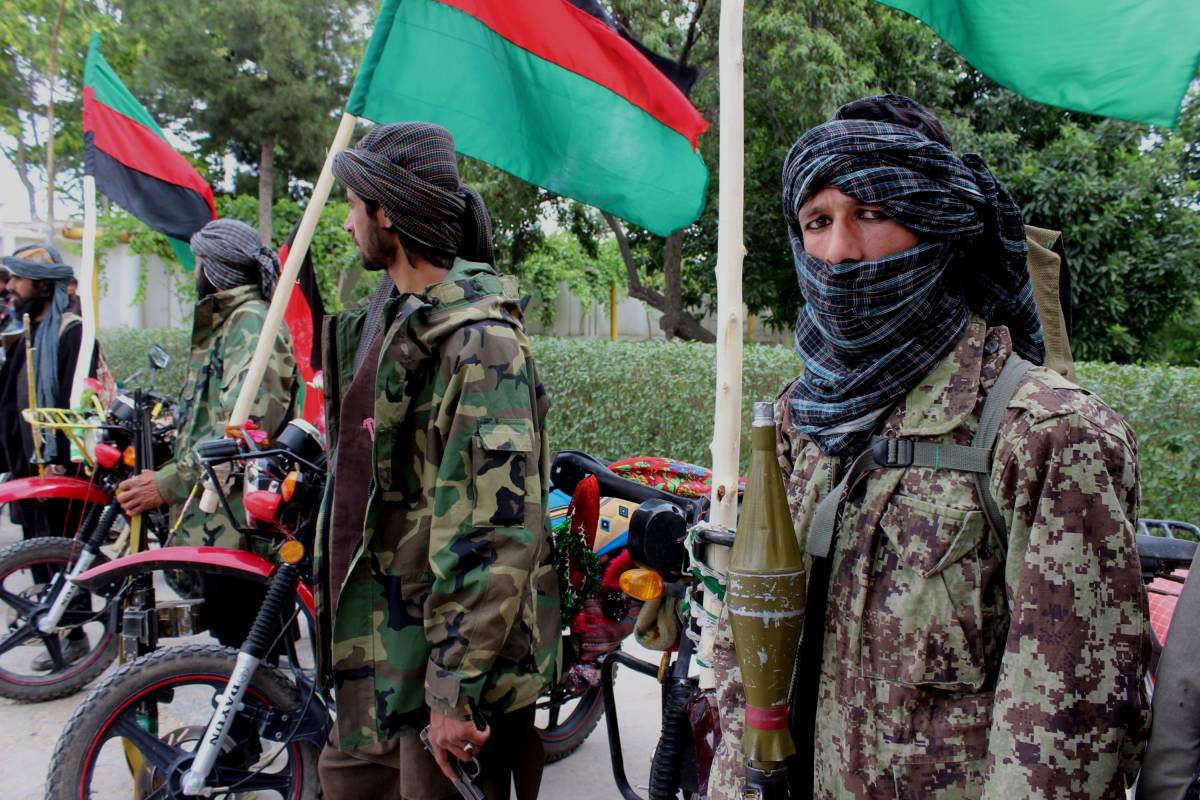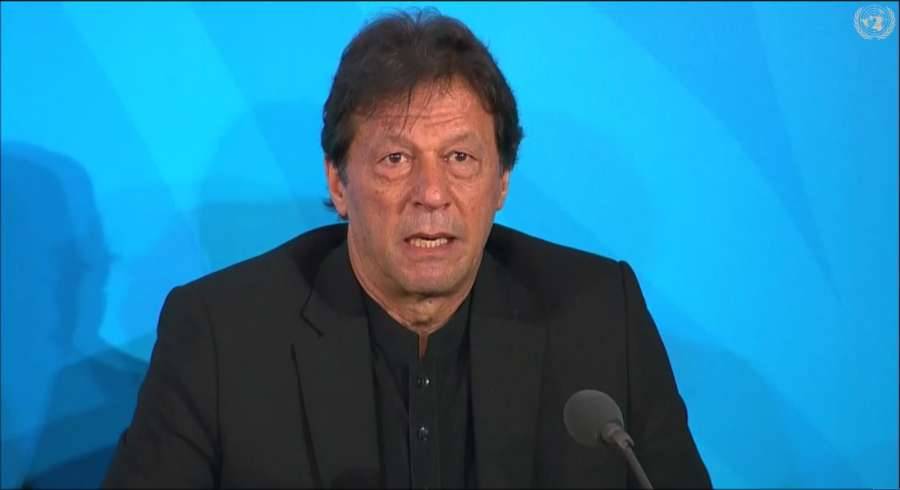The prime minister said through different schemes launched by his government, the people were being provided with relief….reports Asian Lite News
Prime Minister Imran Khan has said that without the spirit of sacrifice, a nation could not aspire to achieve development as the very human essence had a global significance, adding the economic situation with which the country was confronted, had been changing now.
In a message on the occasion of Eid, the prime minister conveyed his felicitations to the citizens of Pakistan, and the Muslim world, The Nation reported on Wednesday.
The country’s economy was put on the right track and as a result of government’s steps, the economic indicators were showing positive trends, he added.
The prime minister said through different schemes launched by his government, the people were being provided with relief.
The day was not far, he resolved, when Pakistan would be standing equally in the ranks of developed countries and the whole nation would feel pride among the comity of nations.

ALSO READ: China-Pakistan-Turkey Nexus Put Forth A Dangerous Narrative
The prime minister said sacrificing an animal on this holy festival manifested that a person has to sacrifice human desires for the achievement of the highest ideals.
Such a passion generated a quality in humans that would not let them side-track from the right path, he said on Tuesday.
Khan opined that it was the passion which helped the Pakistani nation to save itself from the global coronavirus pandemic with wisdom, national strategy and patience.
Meanwhile, Pakistan Foreign Minister Shah Mehmood Qureshi is set to leave for China on Thursday at the invitation of his Chinese counterpart Wang Yi, ARY News reported citing sources.
The focus of the trip is said to be the Dasu bus blast incident, sources further said.
Pakistan’s Foreign Minister will reach Cheng city tomorrow where he is scheduled to stay until July 24.
Earlier last week, a passenger bus had exploded in Khyber Pakhtunkhwa’s Upper Kohistan district killing 13 people, including nine Chinese engineers. The explosion took place when the bus was on its way to Dasu.
China has asked Pakistan to bring to justice perpetrators of the “terrorist attack” in the neighbouring country.
Chinese Premier Li Keqiang had raised the issue with Pakistan Prime Minister Imran Khan during a phone call, where he stressed the need for “use all necessary measures” to probe the incident and hold the culprits accountable.
The Chinese company, which is constructing the Dasu dam, on Saturday, said it decided to suspend the work after a blast in the northern province that killed several engineers. (IANS/ANI)
